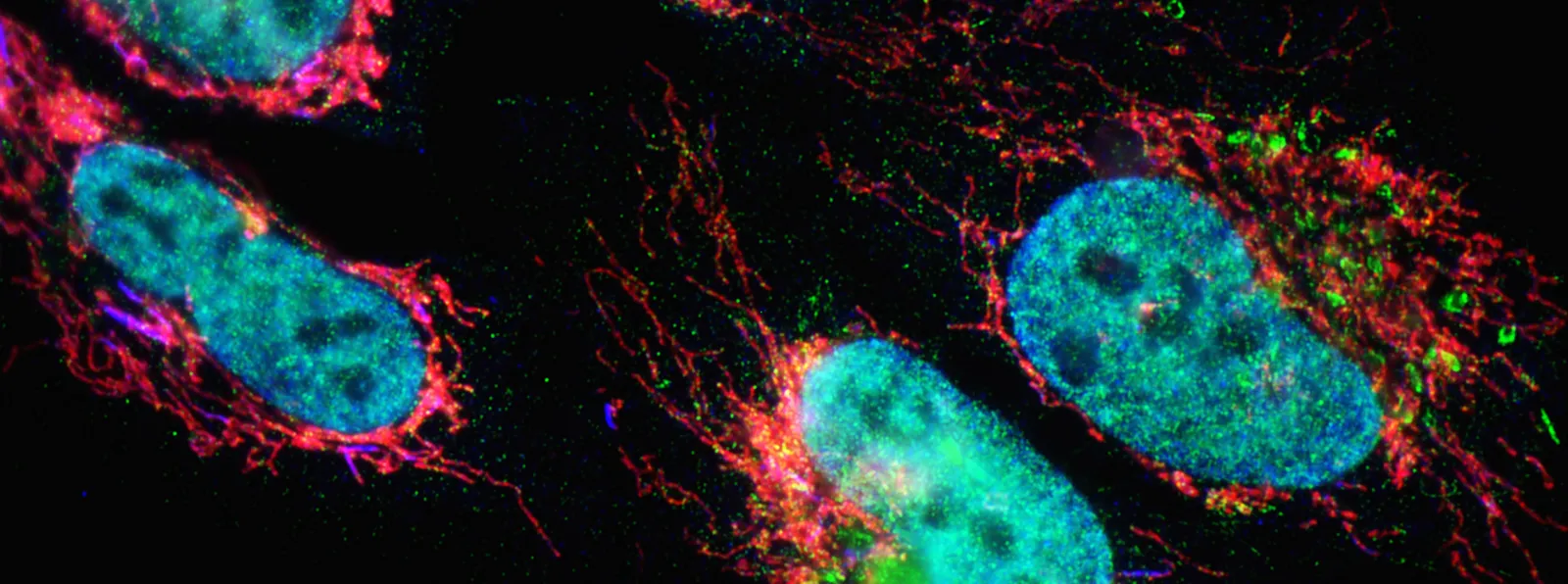
The courses in this 30-credit-hour program highlight content and skills at the intersection of nutrition, health, and science. There are 15-credit hours (5 courses) of core nutritional science courses, and 15-credit hours (5 courses) of student-selected concentration courses. These concentration courses provide students with a unique area of study in one of the following: Health Promotion & Disease Prevention or Biochemical & Functional Nutrition.
As a learner in the MSNS program, you’ll address critical nutrition issues such as:
- The impact of food preparation and processing on the nutrient quality of food.
- The role of diet on the gut microbiome.
- The interaction between what we eat and how our genes function.
- The key to motivating nutritional behavior change.
- The nutritional and environmental underpinnings of energy balance and weight gain.
Core Courses
Advances in Nutritional Sciences I – Macronutrient Metabolism
NTR 390.1
This course explores the integrated and orchestrated digestion and absorption of the various macronutrients, and then continue until the carbon skeletons created are either converted to macromolecules that facilitate cellular functioning or metabolized for purposes of bioenergetics. Most importantly, students will learn the complex pathways of metabolism in detail including their heavily coordinated determinants.
Advances in Nutritional Sciences II – Micronutrient Metabolism
NTR 390.7
This course discusses vitamins, minerals, and phytonutrients through their digestion and absorption, bodily functions and mechanisms, and toxicity and deficiency. Functions and dietary levels will be considered in context of the physiology of related body processes and chronic disease through evaluation of current research.
Experimental Design and Statistics
NTR 380K.3
The course includes a focus on the systematic expression of ideas and the acquisition of scientific writing skills through the development of a full grant-based proposal.
Advanced Experimental Design and Statistics
NTR 380K.4
This course is designed to cover data analysis using common statistical methods to properly interpret and communicate results in nutrition science.
Study Design and Research Methods
NTR 394.6
This course will allow learners to interface directly with the scientific literature to research independent projects, including analyzing study designs and methodology, hypothesizing about topics, developing manuscripts, and presenting topics to cohort groups.
Concentrations
Health Promotion & Disease Prevention
Theories of Nutrition Behavior
NTR 390.14
This course is a specialty course designed to discuss theories such as the Health Belief Model, Theory of Planned Behavior, Social Cognitive Theory, Diffusion of Innovations, Transtheoretical Model, Social Support, and Social Ecological Model. Course content will emphasize understanding of theoretical constructs, benefits and limitations of each theory/model, considerations needed for unique populations or behaviors, and how to develop a theory-based program plan.
Obesity
NTR 392.11
This course provides knowledge and skills so learners can a) summarize the epidemiology of obesity; b) identify health risks of obesity with an emphasis on type II diabetes, cardiovascular disease, and cancer risks; c) examine how culture, socioeconomic status and the built environment in the community effects obesity and related diseases; d) discuss key issues related to obesity, including treatment and prevention; e) delineate the role of nutrition and physical activity in obesity and health risk; f) describe and apply methodology related to obesity research; and g) apply behavioral science and health education to designing an obesity prevention program in the community.
Nutrition Through the Life Cycle
NTR 394.5
This course is a specialty course designed to cover the changing nutritional needs throughout the human life cycle as well as discuss the role of nutrition in growth, mental and physical development, special needs of life transitions (e.g., puberty, pregnancy, menopause), and aging.
Nutrition and Disease Prevention
NTR 390.13
This course provides opportunities to examine and evaluate the current research supporting the role of nutrition as a preventative therapy and identify gaps in nutrition recommendations. Learners practice how to communicate nutrition research to the general public.
Community Nutrition
NTR 390.16
This course is a specialty course designed to cover evidence-based practices used to assess a group or community's nutritional status and tools to evaluate community intervention programs. It will provide students with an understanding of both the scope and skills associated with community nutrition education, health promotion and disease prevention.
Biochemical & Functional Nutrition
Nutrition as Medicine
NTR 392.12
This course is designed to help learners understand the role of functional foods, bioactive compounds, and therapeutic diets for purposes of tailoring diet plans for specific diseases.
Nutrition and Cancer
NTR 392.3
This course is a specialty course designed to cover the molecular mechanisms underlying cancer biology and the nutritional implications of cancer treatments.
Nutrition and Immunology
NTR 392.4
This course covers the clinically relevant aspects of immunology including inflammation, immune surveillance, allergy and autoimmunity. Students will also learn the current dietary strategies recommended to modulate the different aspects of immune function as well as understand clinical immune assessment and critically analyze and interpret current research findings.
Nutrigenomics
NTR 390.13
This course focuses on gene-diet interactions in the context of population genetic variation and the bidirectional molecular interactions that influence gene and protein expression as well as epigenetic modification.
Molecular Nutritional Sciences
NTR 390.6
This course focuses on the basic tenets of gene regulation and how nutrient intake affects gene expression and tissue metabolism and conversely how genetic inheritance affects metabolic nutrient requirements. Learners will be taught how their own lifestyle and diet choices, as well as those of their parents’ and grandparents’, impact their current health status and their risk for future disease development (and potentially their children’s risk), especially in the context of personalized medicine.
Student Voices
"UT's outstanding professors, excellent online instruction, and the fascinating coursework motivated me to continue my nutritional studies. I am in the process of applying to the PhD Epidemiology program at the UT Health Science Center School of Public Health in Houston. Your MSNS curriculum initially catalyzed my interest in epidemiological studies, and I aspire to conduct nutritional and behavioral epidemiology research in youth and maternal health to mitigate diet and lifestyle related chronic disease."
- Kendall K., 2020 Graduate

